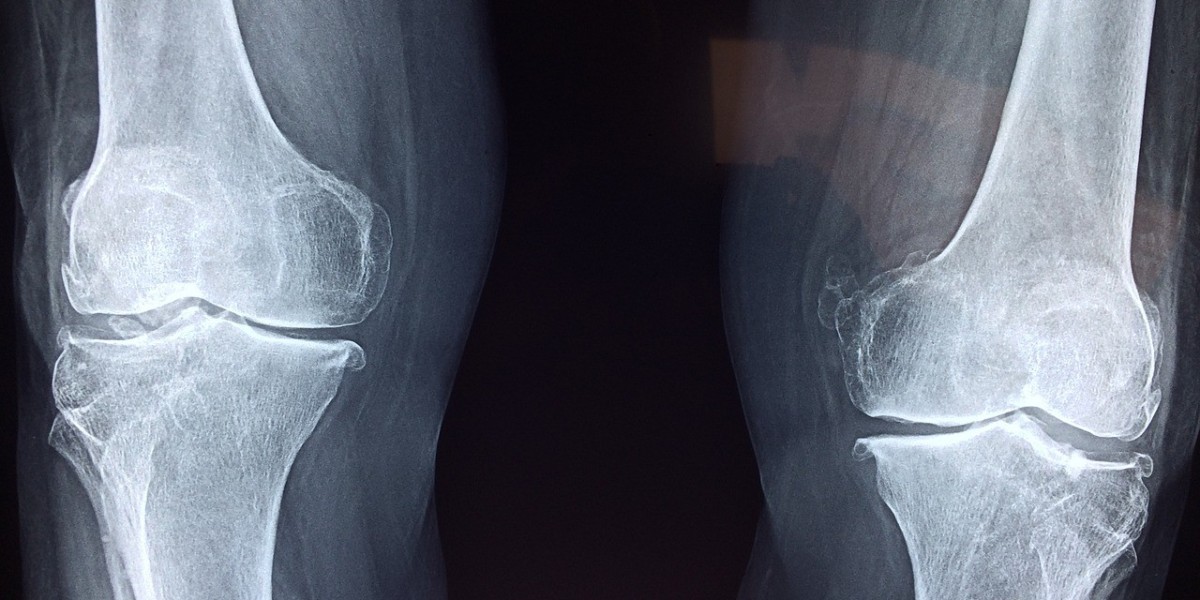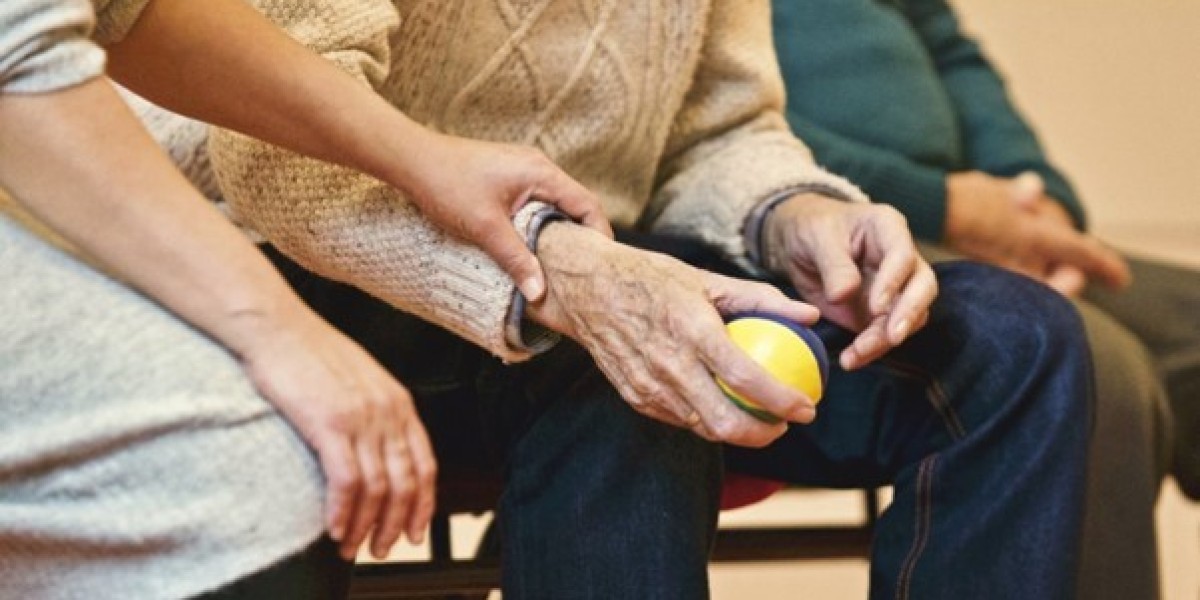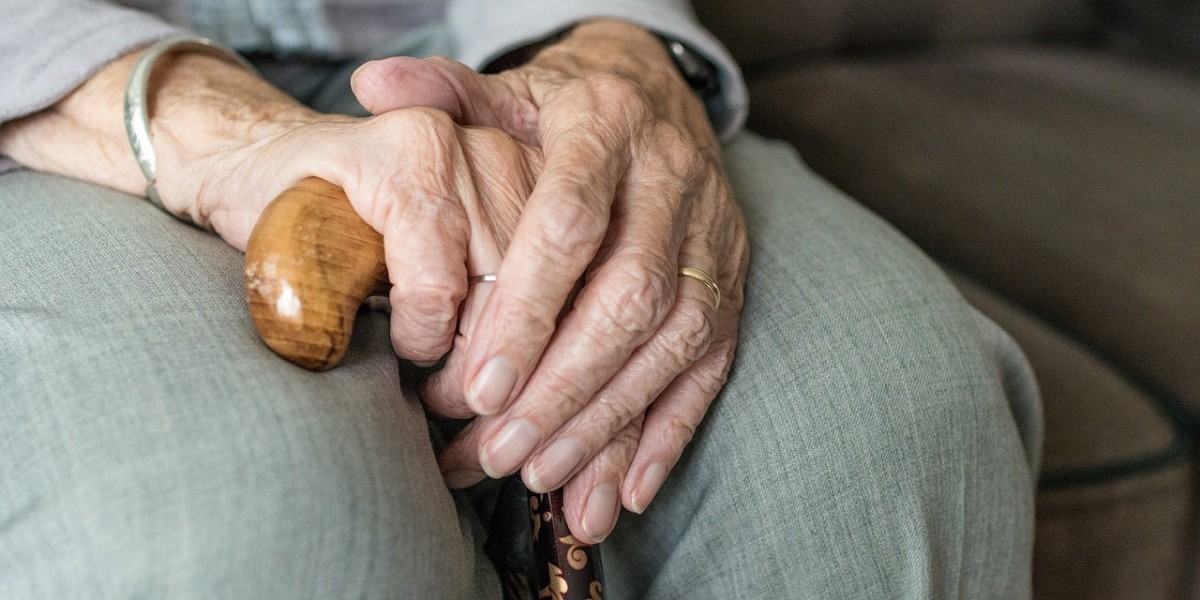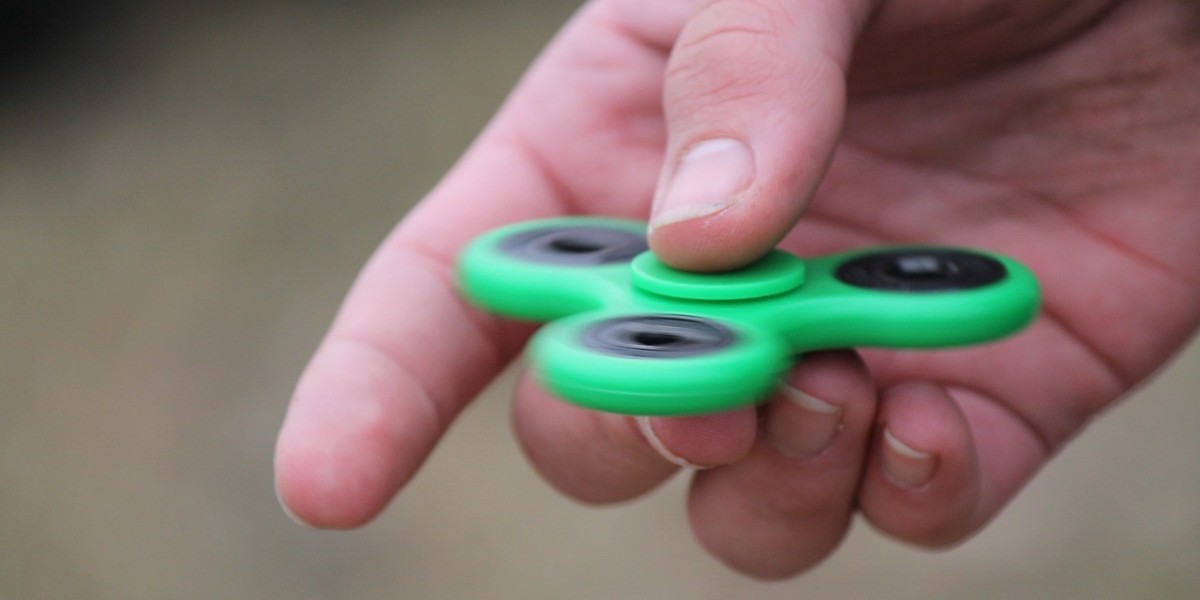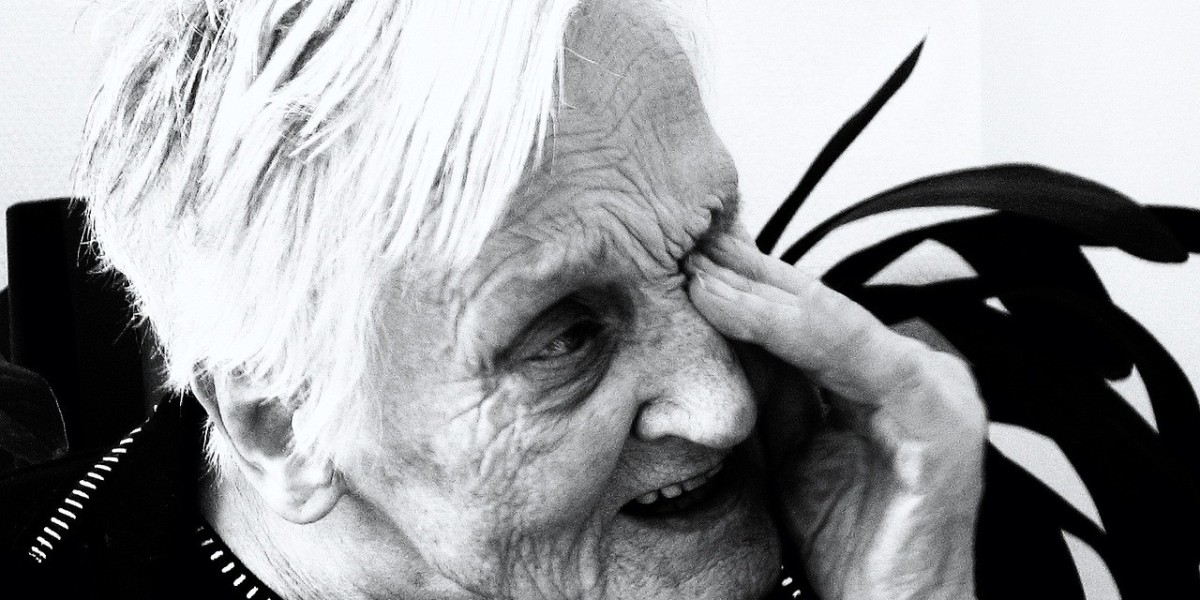If you're helping someone navigate life with Parkinson's disease, you might have noticed some changes in their skeletal and bone health. It’s pretty common, especially with changes that can happen in the spine, hands, and feet as the disease progresses. Here’s a rundown of what to expect and how you can help.
Understanding Changes in Bone Health
As Parkinson’s disease advances, it’s usual for people to experience muscle rigidity or stiffness. This can lead to a few changes in posture that might seem concerning but are quite common.
For instance, you might see a bit of bending in the neck, curling of the trunk, or even a stooped posture when walking. These changes are mostly due to the muscles that flex the limbs and trunk becoming more rigid.
In more severe cases, some people might start leaning to one side (this is called Pisa syndrome) or even develop a condition where the spine twists sideways, known as scoliosis. These aren’t just quirks—these changes can affect how your friend or family member moves and feels every day.
How You Can Help
Here are some practical tips on how you can support your loved one in managing their bone health.
Stay Active: A Key to Mobility and Well-being
Regular physical activity is vital for anyone, but for those with Parkinson's, it becomes even more crucial. Encouraging your loved one to stay active through gentle, low-impact exercises like walking, swimming, or yoga can significantly benefit their physical health.
These activities not only help in maintaining strong bones, which are essential to prevent fractures, but they also aid in reducing muscle stiffness. Muscle rigidity is a common symptom of Parkinson's and can be quite discomforting.
Regular exercise helps keep the joints flexible, improve circulation, and enhance overall mobility. Plus, the psychological boost from staying active cannot be understated; it often enhances mood and provides a sense of achievement.
Regular Check-ups: Monitoring Health to Prevent Complications
Regular medical check-ups play a crucial role in managing Parkinson's disease effectively. It's important to monitor bone density and vitamin D levels as part of these check-ups.
Parkinson's can lead to decreased mobility, which in turn can contribute to faster bone density loss. Low bone density can lead to osteoporosis, making bones fragile and more prone to fractures.
Regular screening can catch these issues early, allowing for interventions such as dietary adjustments, supplements, or medications that help maintain or improve bone density. Ensuring that your loved one is adhering to their medication regimen and attending all medical appointments is key to managing the disease proactively.
Home Safety: Creating a Safe Living Environment
Making the home safer is a practical step in caring for someone with Parkinson's. As the disease progresses, the risk of falls can increase due to changes in mobility and balance.
Simple home modifications can significantly reduce this risk. Installing grab bars in crucial areas such as the bathroom, toilet, and along hallways can help prevent falls. Removing loose rugs, decluttering floors, and ensuring that furniture is arranged to create clear, wide pathways can also make a big difference.
Well-lit rooms and staircases are essential to help them navigate the space safely. These changes not only make the home safer but also more comfortable for someone with mobility challenges.
Emotional Support: The Power of Listening and Understanding
While physical care is crucial, emotional support is equally important in managing Parkinson's disease. Open lines of communication encourage your loved one to share their feelings and challenges, making them feel heard and supported.
Sometimes, the emotional and psychological impacts of Parkinson's can be as challenging as the physical symptoms. Regular conversations can help you gauge their mental health, provide reassurance, and discuss any fears or frustrations they might be experiencing. Remember, emotional support can greatly influence their ability to cope with the disease, enhancing overall well-being.
By focusing on these areas—physical activity, regular medical check-ups, home safety, and emotional support—you can provide comprehensive care that addresses both the physical and emotional needs of someone living with Parkinson's.
This holistic approach not only helps manage the disease but also improves the quality of life for your loved one.
